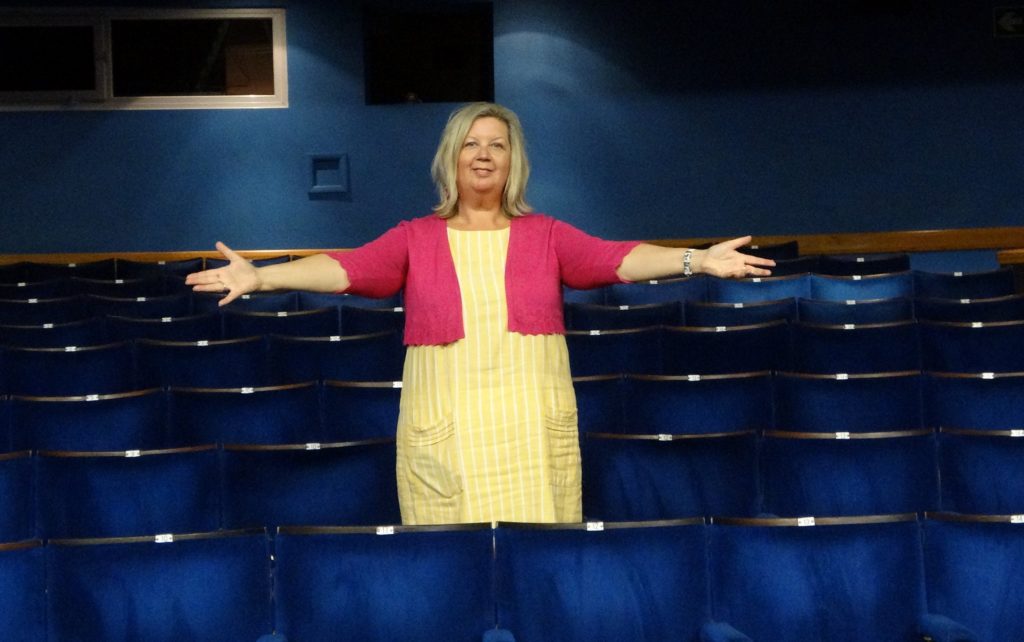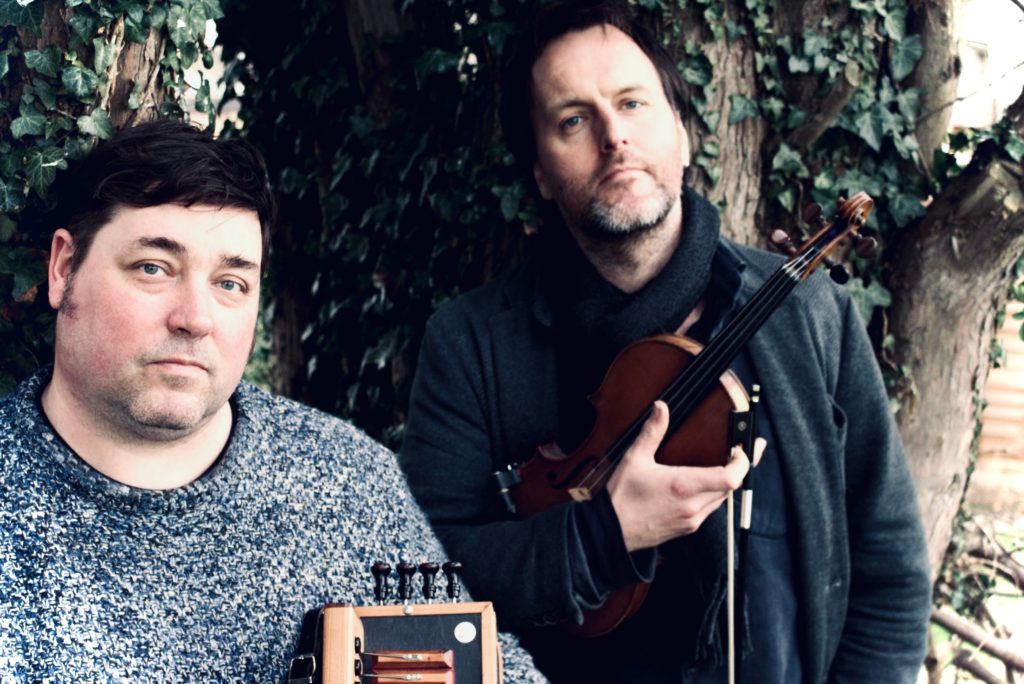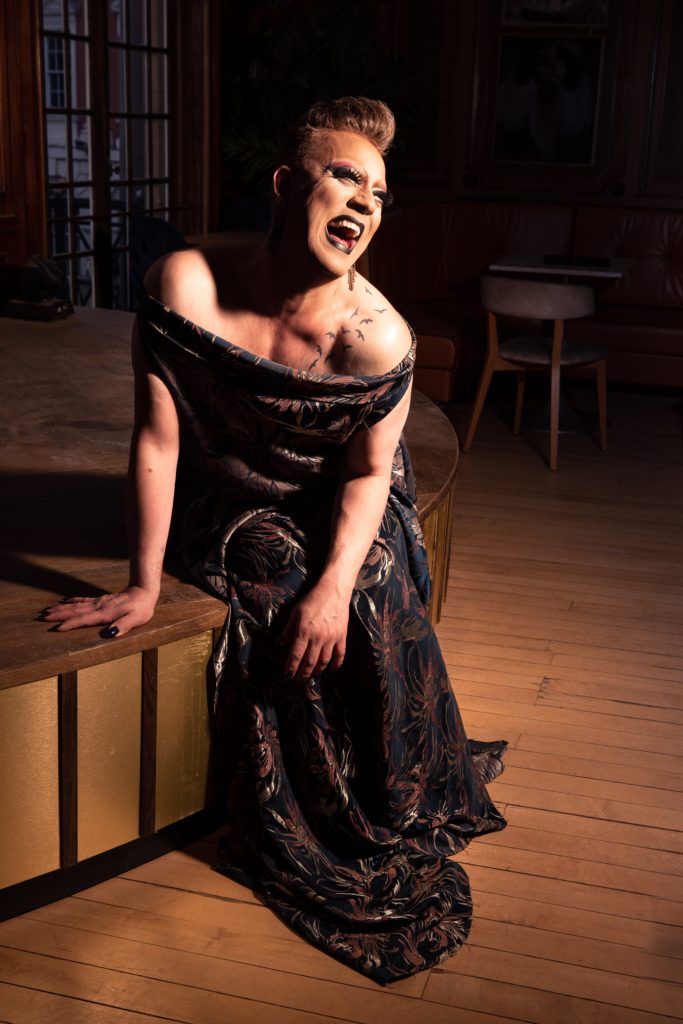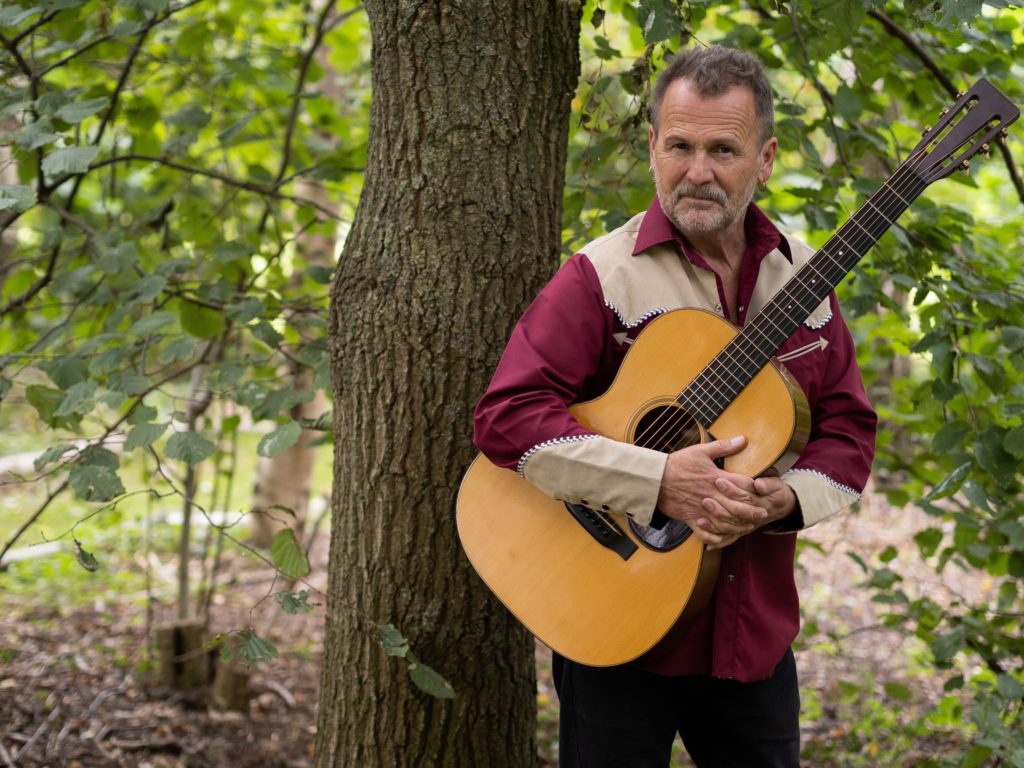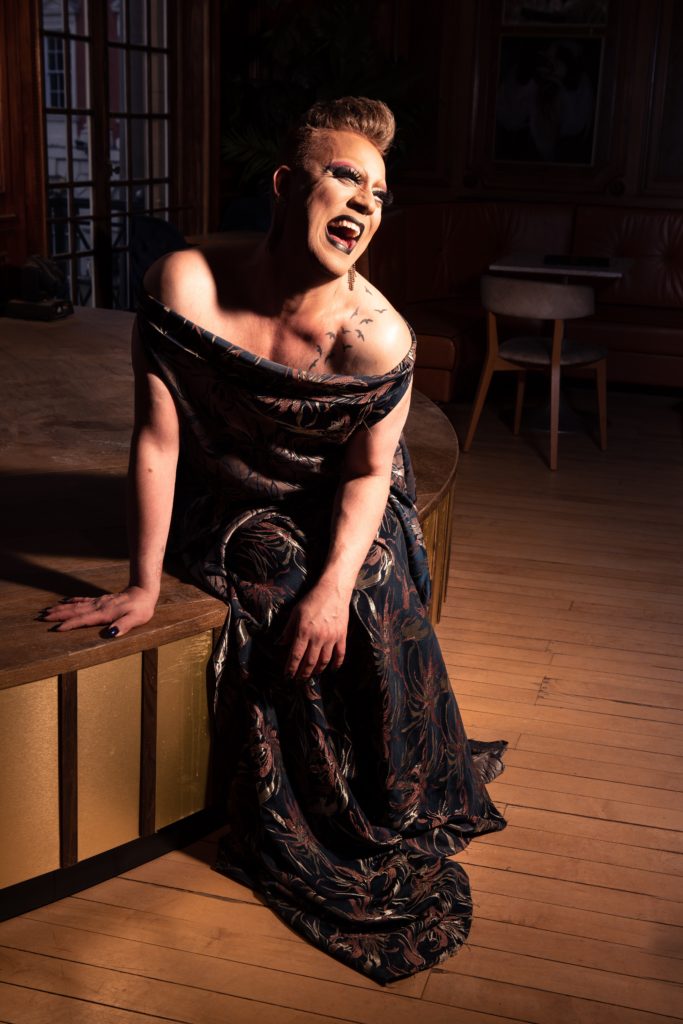
REVIEW: Songs Under Skies, Joshua Burnell and Katie Spencer, National Centre for Early Music, St Margaret’s Church, Walmgate, York
EAST Yorkshire singer-songwriter Katie Spencer, like so many musicians divorced by lockdown restrictions from their livelihood of live shows, had taken to streaming gigs to the alienating sound of silence.
No wonder she smiled at the welcoming sound of applause, as reviving as hearing birdsong after being stuck indoors. “It’s lovely to be sharing live music for the first time in a long time,” she said at the 7pm outset of week two of Songs Under Skies, the acoustic outdoor festival run by the NCEM, Fulford Arms, The Crescent and Music Venues Alliance.
All those mid-pandemic night streams, and her guitar never misbehaved. First live show back, and a string snapped, whereupon Katie administered a string re-fit at a speed to impress Formula One wheel-changers. Joshua Burnell would later refer to her handiwork as “the fastest in the history of music”.
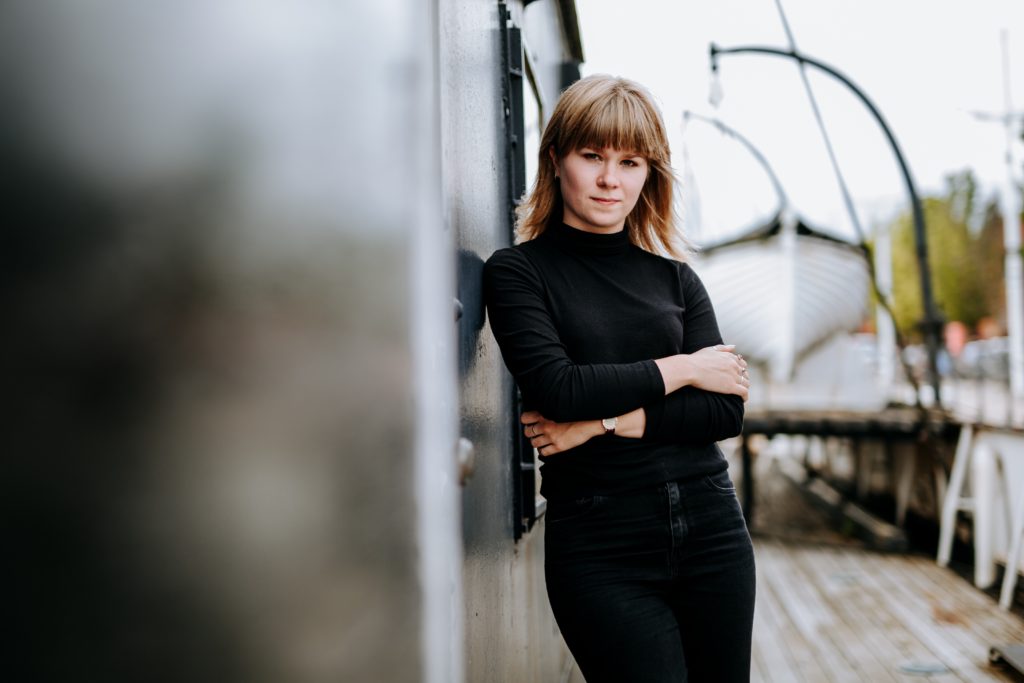
That said, Katie’s primary handiwork is her acoustic guitar-playing, a gentle caress to lyrics that have the scent, sentience and scene-painting of poetry, sung in a voice that lingered in Monday’s NCEM churchyard air.
Raised by the seaside near Hull, she sang of how the water shapes both the land and the people who live there in her best number, Edge Of The Land. Weatherbeaten and Shannon Road were similarly affecting in a re-introductory set best summed up by her sentiment: “It’s wild to be playing music in front of live people instead of my plants and bookcase.”
Katie will be doing so again in support of Martin Simpson at Primrose Woods, Pocklington, on July 1 and at The Magpies Festival at Sutton Park, Sutton-on-the-Forest on August 14. Hopefully, that guitar will be on best behaviour.
Half an hour would pass for an audience as socially distanced as the churchyard graves before prog-folk songwriter Joshua Burnell took to the blue awning stage with keyboard player Oliver Whitehouse.
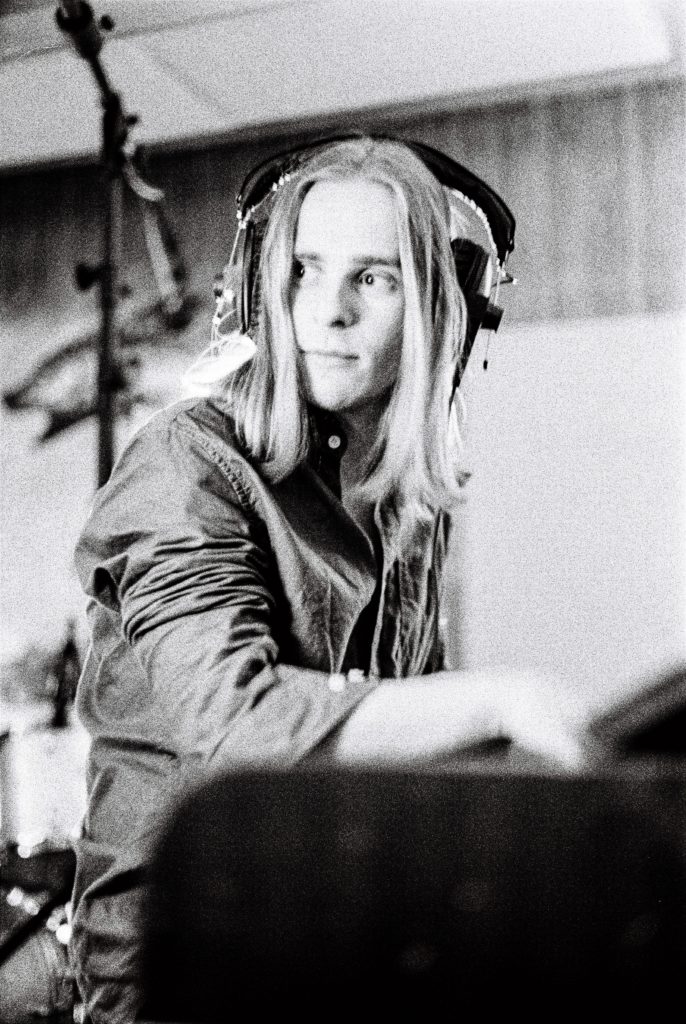
Burnell is a multi-instrumentalist on his recordings, but here he focused on acoustic guitar, adapting to the night temperature that demanded constant re-tuning, a routine that afforded him the time to talk between songs, although not to the length that had prompted a BBC Radio York presenter to advise him he should hand out a pamphlet the next time he introduced new single Shelagh’s Song in concert.
No such pamphlet was forthcoming or necessary. Joshua is an engaging storyteller as much as an eloquent songwriter equally capable of evoking Tolkien, folk forefathers, Al Stewart, Peter Gabriel-era Genesis and even Marc Bolan’s puckish dictionary.
He name-checked Ian McKellen for the opening Labels, recalling how the thespian knight had pondered “Why do we need to put labels on love?”. “Do you know what, Sir Ian, you’re right,” he said. “So throw your labels away, ‘Cause love has no use for them,” Joshua duly affirmed, almost enough to make any reviewer desist from further labelling on this occasion.
Joshua is as good at excavation as at conjuring new material, typified by an obscure but wonderful cover version, Eli Geva, Norwegian songwriter’s anguished Siege of Beirut ballad from an album of 12 banned songs from around the world.
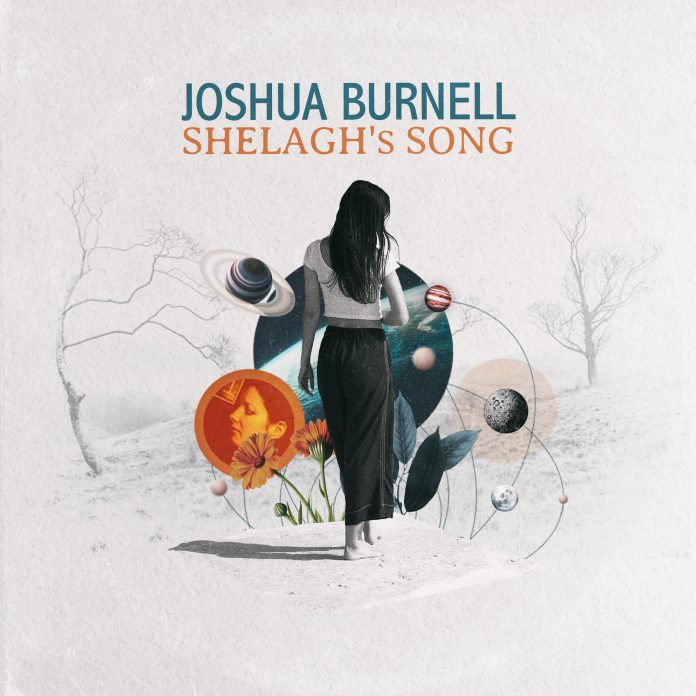
Next came the aforementioned Shelagh’s Song, his account of how early-Seventies Edinburgh folk singer Shelagh McDonald vanished for 30 years after a particularly bad LSD trip. The re-surfaced Shelagh so loved the song she has sent Joshua a parcel with a letter, artwork and some lyrics she never published. Actions can speak so much louder than labels!
Joshua had just adjusted his guitar tuning again in the night cold when a new interruption tapped him on the shoulder: a sound alarm going off in the neighbouring bustle of Walmgate. One look from Joshua, and it was gone, as if ashamed at having held up “a bit of an anthem for positivity and things to come”: Golden Days, written in lockdown as the good weather rolled in and the vaccine programme was rolled out.
Not even the Prime Minister’s 6pm postponement of Freedom Day could deflate Joshua. “I still feel optimistic that we’re in a better place than we were a year ago,” he asserted.
If one lyric encapsulates retro-futurist Burnell in 2021, it would be: “Did I go through the wardrobe door because it’s been winter here for much too long”. Indeed it has, and as Songs Under Skies nudged and hushed it out the back door, he ended with Lucy, his variation on a “Ziggy Stardust character song”. Closer to Bolan than Bowie, if a label must be applied, but Lucy under darkening skies was a diamond finale.
Review by Charles Hutchinson

